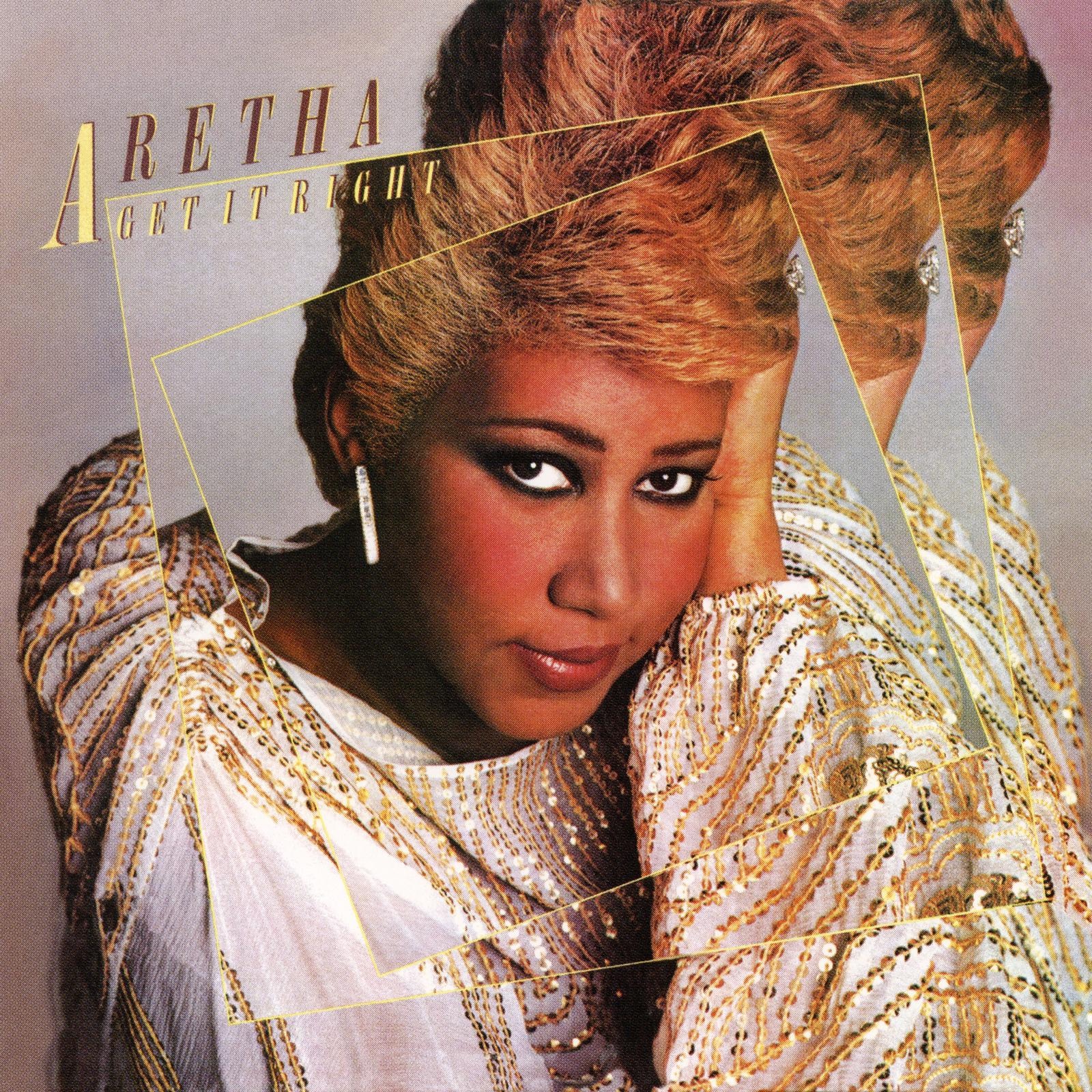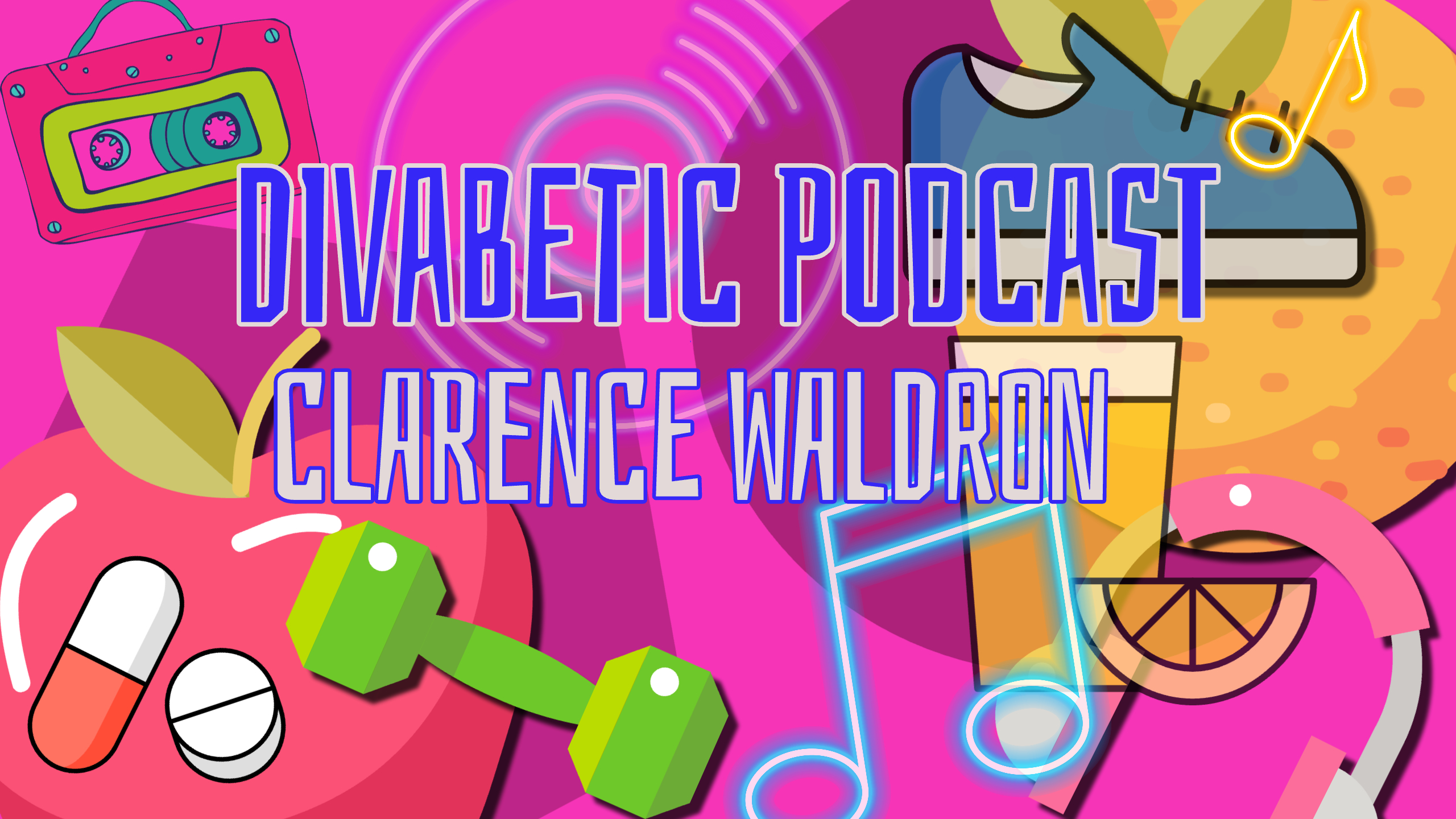On Divabetic’s podcast, Clarence Waldron shares his stroke, recovery, working as Senior Writer and Editor from Jet Magazine, and his memories of legends Luther Vandross and Aretha Franklin.
Twenty years ago, Clarence interviewed Luther’s mother, Mrs. Mary Ida Vandross, for Jet Magazine after Luther suffered a stroke due to mismanaged type 2 diabetes.
When I was growing up Jet Magazine was everywhere — barbershops, salons, and waiting rooms. The digest-size magazine featured pop culture stories, What’s On TV, Wedding Announcements and Anniversaries, the (in)famous Jet Beauty of the Week, and Jet’s Top 20 Singles.
Clarence’s story is an excellent reminder of why it’s essential to ACT F.A.S.T. if you or a loved one is experiencing a stroke. The acronym FAST (Facial drooping, Arm weakness, Speech difficulties, and Time) has been used by the American Stroke Association, American Heart Association, and others to educate the public on detecting stroke symptoms.
Earlier treatment results in a greater chance of recovery, a reduced likelihood of permanent disability, and a lesser need for extensive rehabilitation.
You’ll quickly hear Clarence’s upbeat attitude and ferocious appetite for music and divas have served him well during his recovery.
Throughout this podcast, we feature music from Aretha Franklin’s Get It Right album and Luther Vandross’s Live At Radio City Music Hall 2003 20th Anniversary Edition album courtesy of SONY Music.

Get It Right is Aretha Franklin’s twenty-ninth studio album, released in 1983 by Arista Records. It was produced by Luther Vandross, following his successful teaming with the singer for the Gold-certified album, Jump to It. Album highlights include I Wish It Would Rain, I Got Your Love, and Every Girl Wants My Guy.






